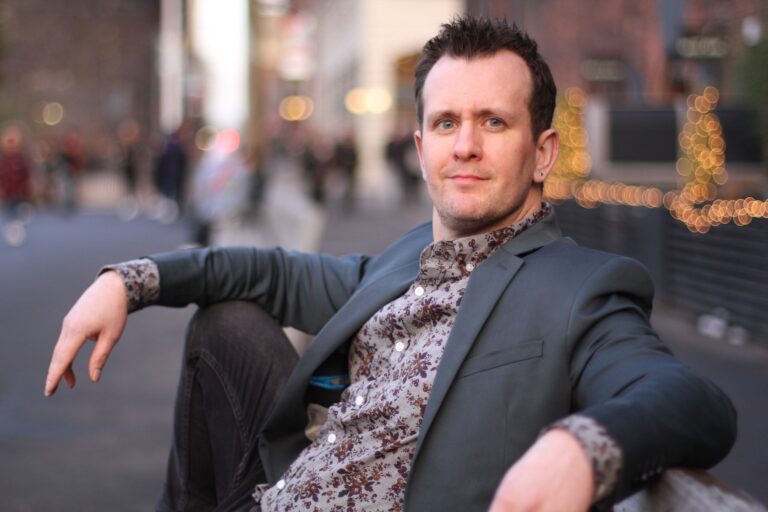
Dedicated to promoting the engagement, well-being and holistic growth of Marquette’s underrepresented and historically marginalized students, the Center for Engagement and Inclusion provides resources, education and advocacy that support retention, uphold justice, encourage leadership development and celebrate diversity in accordance with Marquette’s Catholic, Jesuit values.
Tamra Keith is CEI’s new assistant director. Here in a Q&A, Keith discusses her background leading up to this role, the challenges marginalized communities face in higher education, her goals for CEI and more.
What brought you to this position as assistant director for the center?
I was born and raised in Milwaukee, grew up in the Milwaukee Public School system and graduated from UW – Milwaukee. And so whatever position I accept, I like for it to allow give back to the community that raised me. This position spoke deeply to my heart.
Before Marquette, I was an urban special education teacher in the MPS school district and at St. Augustine, as well. So, I’ve worked with students of color, students with disabilities and students of different marginalized communities. It’s a passion of mine.
I was also the first in my family to graduate from college, and the first in my family to receive a master’s degree. Being a first-generation student and coming from a marginalized community gives me insight into the struggles that students face in college.
What was the catalyst for turning your passion for helping marginalized communities into a career?
As a person of color and a first-generation student, when I first decided to go to college, it was really difficult for me. It was hard for me to navigate the school system, and I didn’t feel like I could do it or that I belonged.
In fact, I left college for seven years, but I kept telling myself my ancestors died so that I can have the right to education and so that I can succeed in these endeavors. So, I went back and finished my bachelor’s degree, and that failure has been my driving force ever since.
This experience taught me that you are always growing and becoming, and so I strive to empower others who may feel less than or powerless to understand that where they are is exactly where they should be and that they can accomplish any dream or goal if they put their mind to it.
What do you think is the biggest challenge that underrepresented groups face when it comes to higher education?
Not understanding that there are resources available to help students establish a community of support on campus is one of the biggest challenges that underrepresented groups face when it comes to higher education.
Often, students without a strong community immediately assume that they are behind, without realizing that most first-year students feel the same way. Without finding a community or learning how to find resources, students can feel behind and choose to stay in a bubble out of fear of being alienated.
I tell all students who are looking for a place to belong to come to the CEI. I would love to meet them all in person.
What do you hope to accomplish in your new position?
In this role, I hope to offer programming that allows first-generation students and other marginalized students a place to connect with others, to understand resources, to find help, to feel community and to prepare them for the world after college.
Right now, RISE (Ready to Inspire Success and Excellence) is a big passion project that I have inherited. It is a pre-orientation program for first-generation students. It has already been doing impactful work for the community, but currently we are thinking about ways to continuously connect those students throughout the year and not just the one time.
What advice do you have for students struggling at Marquette?
I would tell students there are no such things as dumb questions. They should ask all the questions they need because nine times out of 10, someone right next to them is wondering the same question. Also, I would tell them to go to office hours and find a community.
I attribute my successes to the communities that I have built. I don’t know how I would have gotten through either of my degrees without building a community of people to complain with, to think about next steps with, to help push me forward and keep me motivated. Those strong friendships catapulted me toward success in both my schooling and in my career. Therefore, my hope is that all students are able to find a community that will do the same for them.


